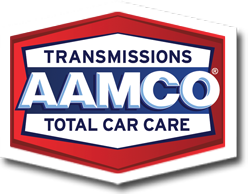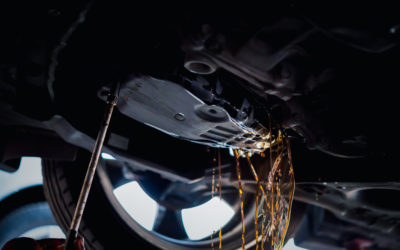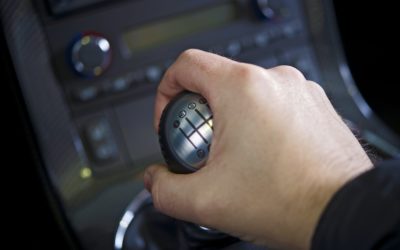Whether you drive a vehicle with 100, 000 miles on it or have purchased one, there are a few high mileage car care and maintenance tips you should be aware about.
By this time your vehicle may no longer be under warranty, hence you have to be more keen on maintenance schedules and things that need to be done every few thousand miles. It may seem overwhelming but a few maintenance tips and professional auto care service will put your mind at ease.
Related: 5 Ways Oil Changes Help
Related: Tips For Brake Care
Related: Common Transmission Problems
What Is Your Car Telling You?
Make sure to adhere to the maintenance schedule recommended by the manufacturer. Visit AAMCO Louisville, KY for high-mileage car care and all your auto care needs.
1. Adhere to Your Owner’s Manual Maintenance Schedule
After owning a vehicle for several years and racking up thousands of miles, it’s easy to disregard your owner’s manual. But your manual is there to preserve the life of your vehicle. Hence you should adhere to the stipulated service requirements. It will let you know how often your car should be serviced and help keep track of your vehicle’s maintenance.

2. Get Regular Oil Changes
Regular oil changes are crucial to maintaining an efficient and reliable engine. This is because keeping your engine well-oiled will keep all parts well lubricated and protected from heat and corrosion. Once you hit 75,000 miles its recommended that you switch to a high-mileage motor oil. These oils are formulated to keep older engines clean while protecting against excessive wear.
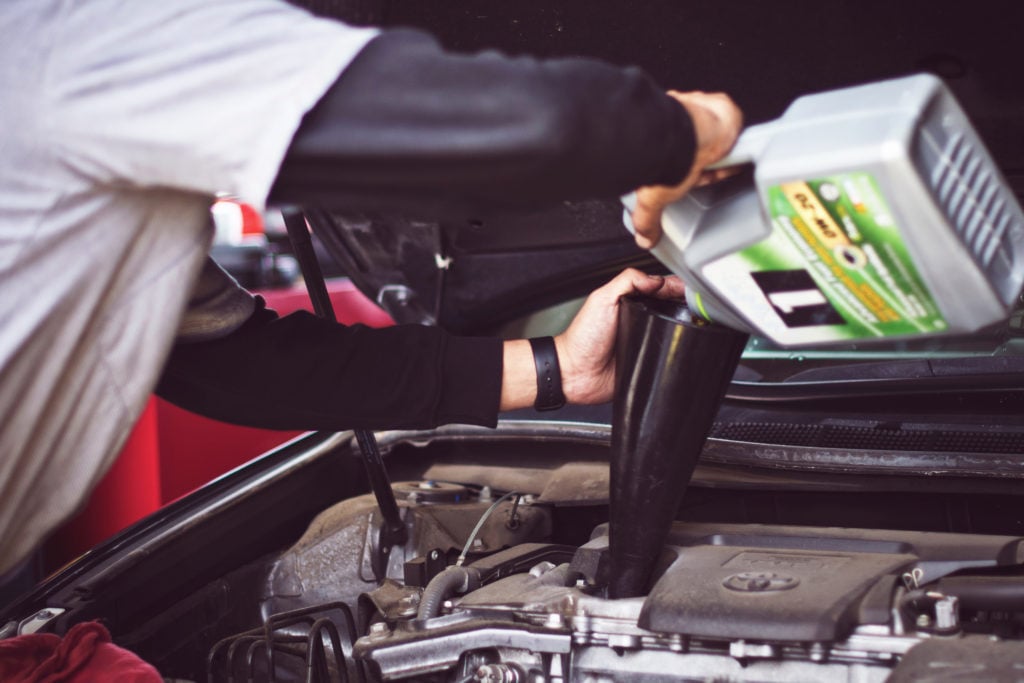
3. Check, Top and Replace Fluids
All the fluids in your car need to be of the right quality and in sufficient amounts for your vehicle to function properly. You should regularly check your engine coolant, brake, transmission, power steering and windshield wiper fluid. Not only should you check the levels and top up but you should also check for leaks in the hoses and tanks. Repair or replace any leaking components. You also need to examine the quality of your fluids if they are of the wrong color, consistency or smell unusual you need to change them.
4. Inspect the Timing Belt
The timing belt plays a key role in the proper functioning of your vehicle’s engine. It connects the camshaft to the crankshaft and regulates the timing of the valves. It’s quite durable but doesn’t last forever. If it breaks the pistons begin striking the open valves, this can cause massive damage to the engine, racking up huge repair costs. The timing belt should be replaced between 70,000 and 110,000. This should be part of regular auto and high mileage car care.
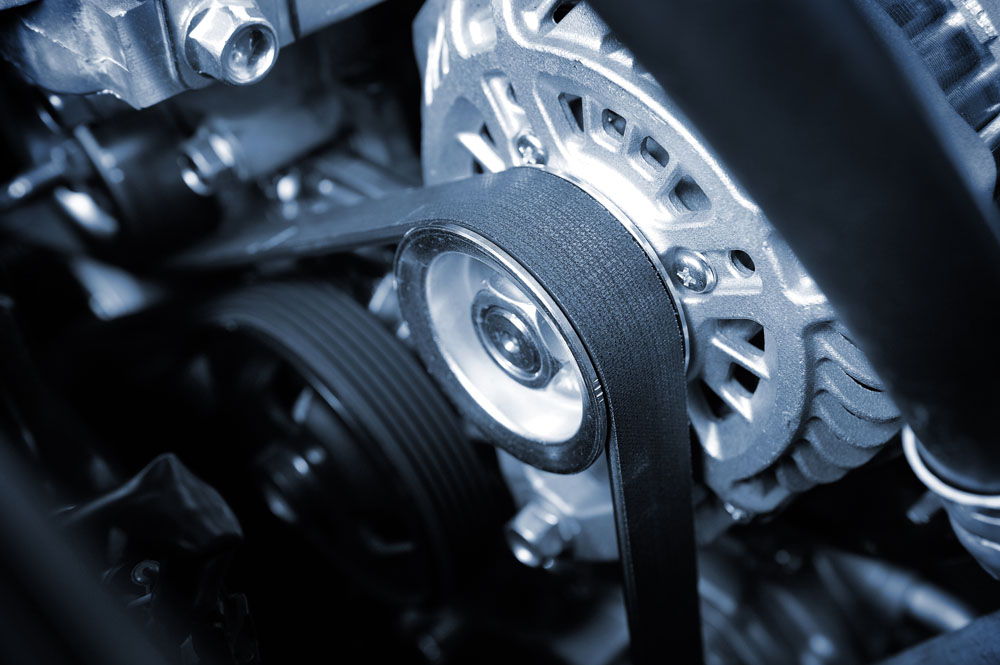
5. Fuel System Care
Fuel system care for high mileage cars is a critical car-maintenance area that you don’t want to neglect. The fuel system comprises of the gas tank, fuel lines, fuel injectors, fuel filters and fuel pumps. Lack of proper maintenance and more so for high mileage vehicles can result to clogging and excessive wearing of these components. To ensure that your fuel system is always in great shape it’s critical that you visit AAMCO Louisville, KY for regular auto care.
6. Battery Care
You can perform all sorts of high-mileage car care, but if your battery is in bad shape your vehicle is as good as dead. You may find that your high mileage vehicle uses more batteries. It is therefore important that you take good care of them to get the most out of each.
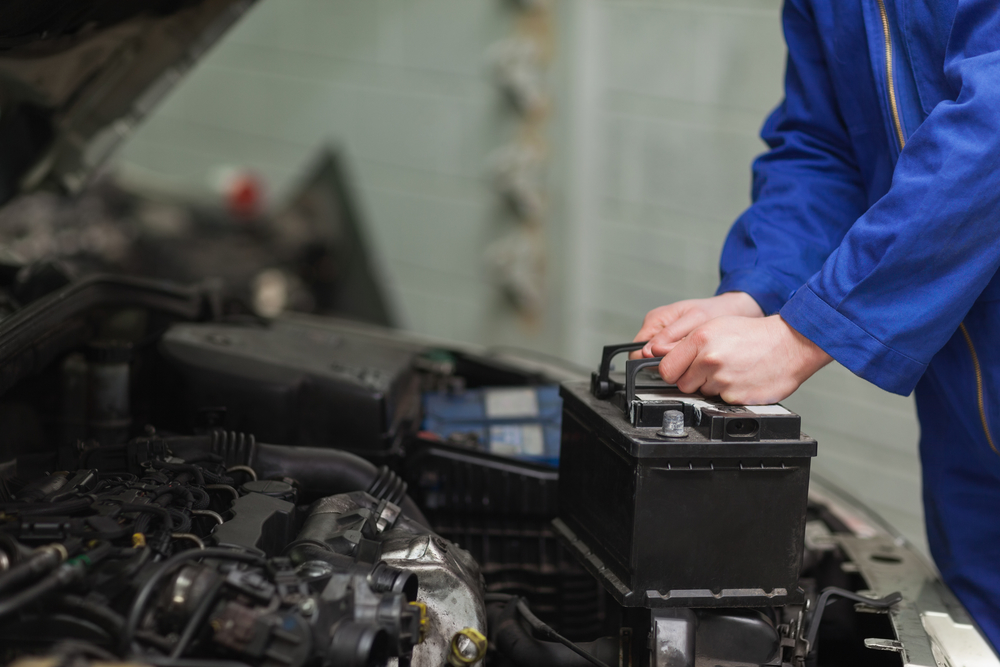
Get High Mileage Car Care At AAMCO Louisville, KY
Following these high-mileage car care tips will improve the performance and extend the life of your high-mileage vehicle. With good care your vehicle can hit 200,000 or even 300,000 miles. Make sure to adhere to the maintenance schedule recommended by the manufacturer. Also regularly visit AAMCO Louisville, KY for high-mileage car care and all your auto care needs.
Troubleshooting Transmission Shifting Issues
Transmission problems can run the gamut from new noises to difficult shifting. The first step to fixing the issue is to understand what may be going on inside the transmission, whether it’s a problem with fluid or worn components. Don’t let shifting issues continue —...
read moreFluid Fiasco: Diagnosing and Next Steps for Transmission Leaks
From small drips to big puddles, car fluid leaks of any size can cause problems. Like many of your car’s systems, the transmission relies on adequate fluid. When the transmission is operating as it should, fluid provides both lubrication and hydraulic pressure. That...
read moreClutch Conundrum: Unveiling the Telltale Signs of a Worn-Out Clutch
When easy shifting turns to grinding gears, it’s time to take a look at your car’s clutch. This system is essential to keep your vehicle moving. The clutch is responsible for facilitating each gear shift, which determines how much torque is sent to the drive wheels to...
read more